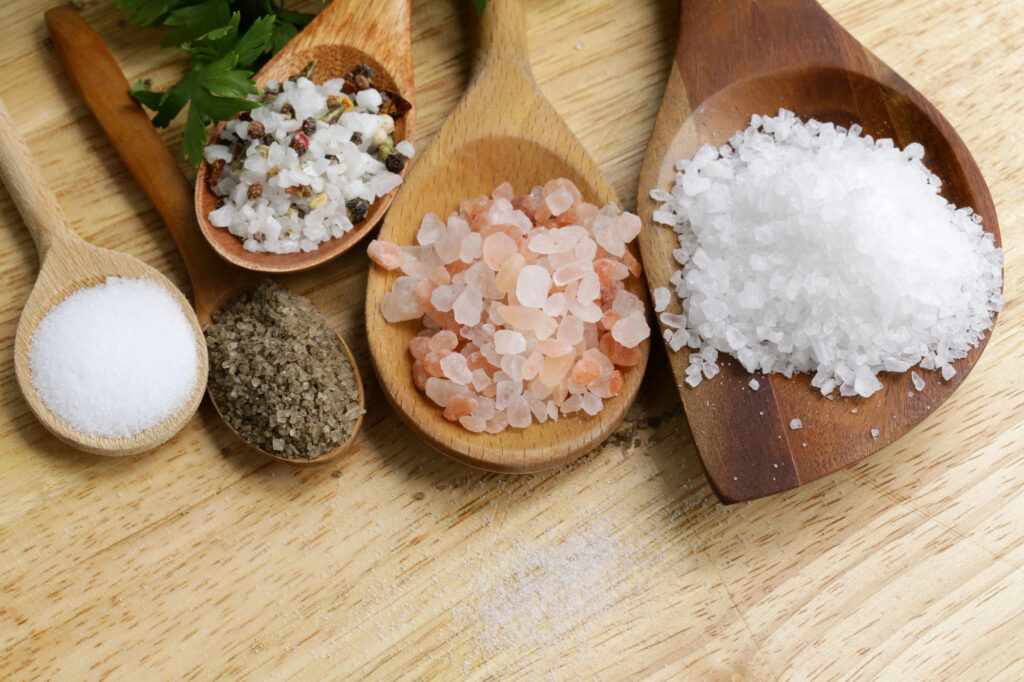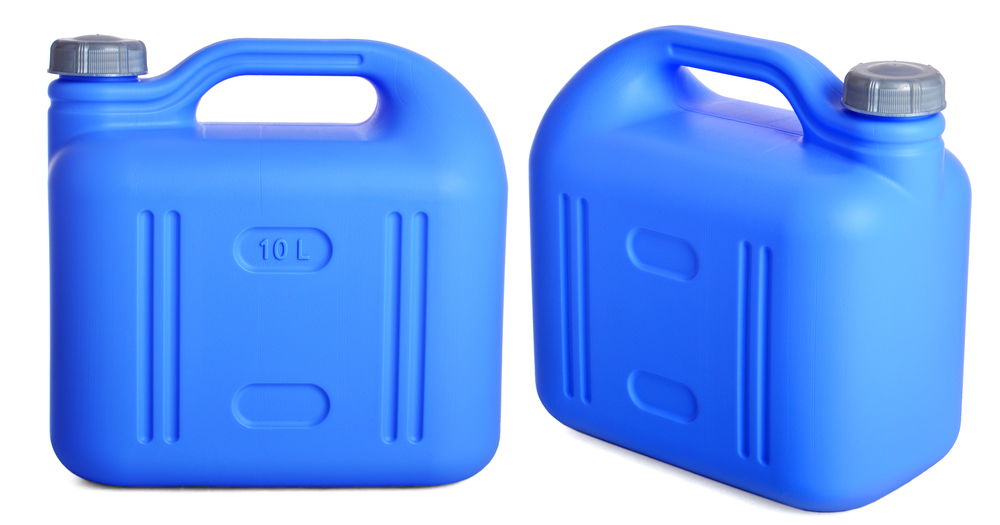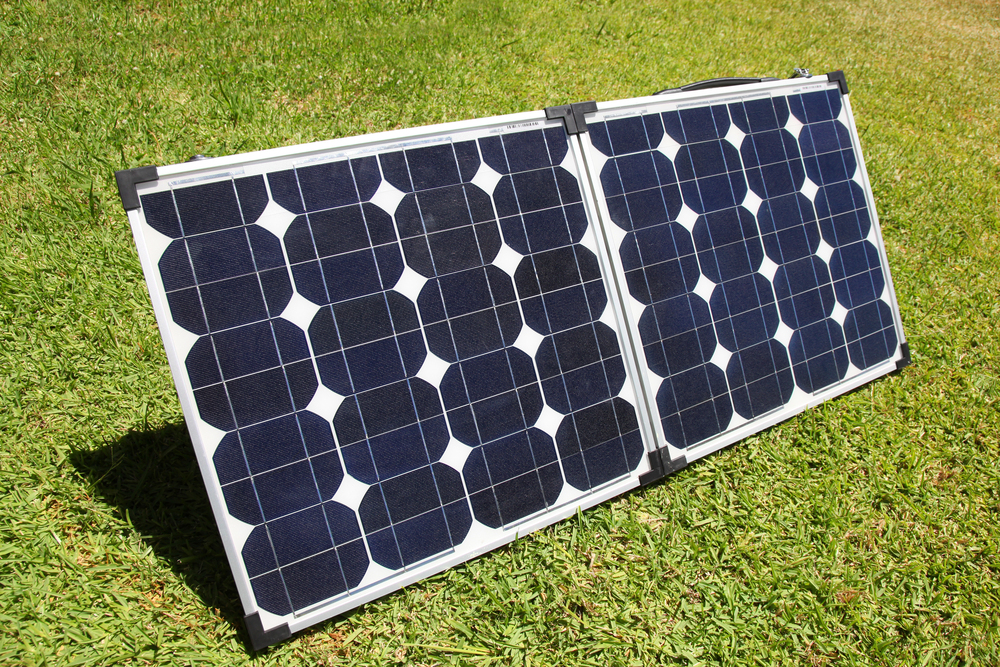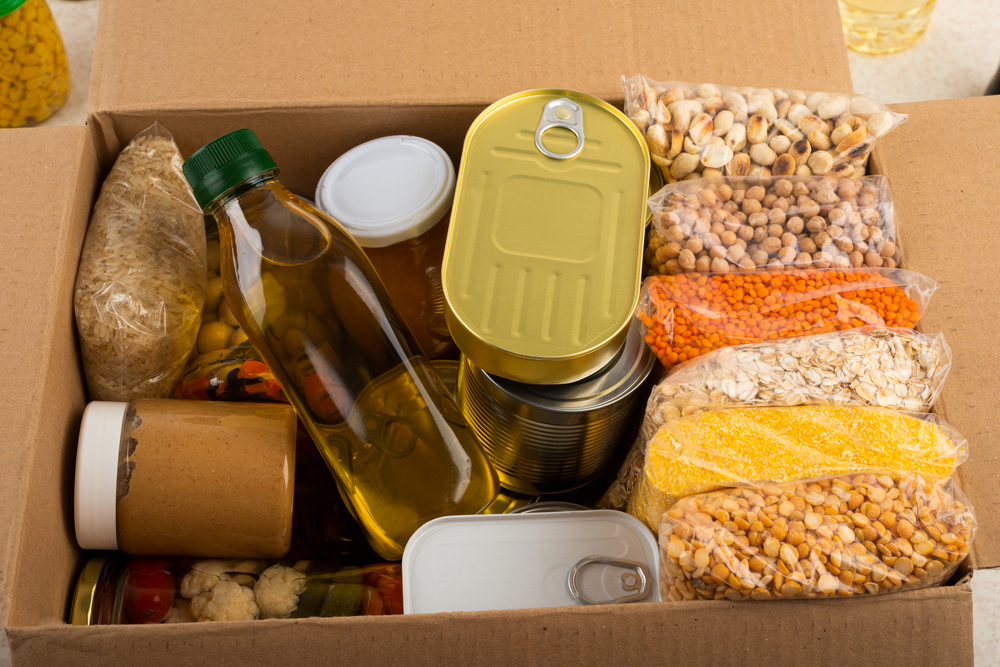When you’re putting together your preppers checklist, and building up your survival supplies, don’t just plan for yourself and your family; plan for bartering.
In a long-term SHTF scenario, or TEOTWAWKI scenario, stores would run out of food and supplies very fast. Right now – even with prices for groceries and everything at a ridiculous high – there are a lot of things that we can buy pretty affordably, which will be worth their weight in gold in a grid-down, post-shopping world.
Grocery stores, for instance, typically maintain a three day food supply. And that’s under normal circumstances. Imagine if there were news of an impending war, or there was a pandemic as deadly and contagious as the bubonic plague or ebola virus, there was a terrorist attack…panicked people would flood the stores and could empty them out within hours.
At that point, it would be dangerous to go shopping for food, for clothing, for medicine, for anything. Gas stations would be emptied quickly.
If you’ve prepared for this kind of scenario, you’ll have a stockpile of food and medicine and necessary supplies, a garden, and livestock, and you’ll know how to can and preserve and dehydrate. You’ll have water stored in containers, you’ll have clothing and enough medicine to last your family at least a few months, and you’ll have a way to provide heat and power.
And you won’t need to drive to the store to get anything. Good for you! You are way ahead of most people.
But there will be still things that you will run out of, and that other people will run out of, and you’ll also want to develop a MAG – that’s prepper slang for a Mutual Assistance Group. And some of the people in your group will have supplies that you need, and you’ll have supplies that they need.
Before money was invented, people used to barter. People used all kinds of things to barter with, hundreds and thousands of years ago. In ancient Mesopotamia, part of a worker’s wages were paid in beer. Ancient Roman workers received part of their wages in salt. That’s where the expression “worth his salt” comes from, and also the word “salary.” The Chinese used shells as currency, and they used silk as currency too.
Follow me for more useless but fascinating history facts.
In the meantime…be sure to stock up on…
Items to Barter in a SHTF Scenario
First, I’ll start with the items I would never barter…guns, and bullets. In an SHTF scenario, we want our family to be well armed against any possible attacks by the desperate and the starving. Bullets will be worth more than gold, and so will guns.
And I don’t feel any obligation to arm anybody else who might, in desperation, turn those weapons against me and my family. It’s also not a great idea to give anyone a hint as to what weapons you have.
Another tip, before we get to the part where we talk about barter items: If you are stockpiling food, make sure you are storing it in airtight, rodent and pest proof bags. You need this food for yourself, and you might need some of it to barter in an SHTF scenario. Putting rice and flour in the freezer for at least four days will help kill any bug larvae. Putting bay leaves in flour and rice can help deter weevils. Putting cloves in the area around rice and flour can help deter pests. You don’t want to put cloves in the rice and flour, but if the rice and flour are in a bag, and then the bag is in a seal container, put the cloves in the container.
I have also had good luck putting peppermint oil in drawers to keep mice away.
And do not skimp on your food storage containers. Metal containers with airtight lids work best. Heavy-duty plastic containers with tight seals are also good, but determined rodents can chew through plastic.
So, here are the things that I would definitely barter, in exchange for goods or services – like physical labor, or protection, or medicine, that I need – and none of them are very expensive:
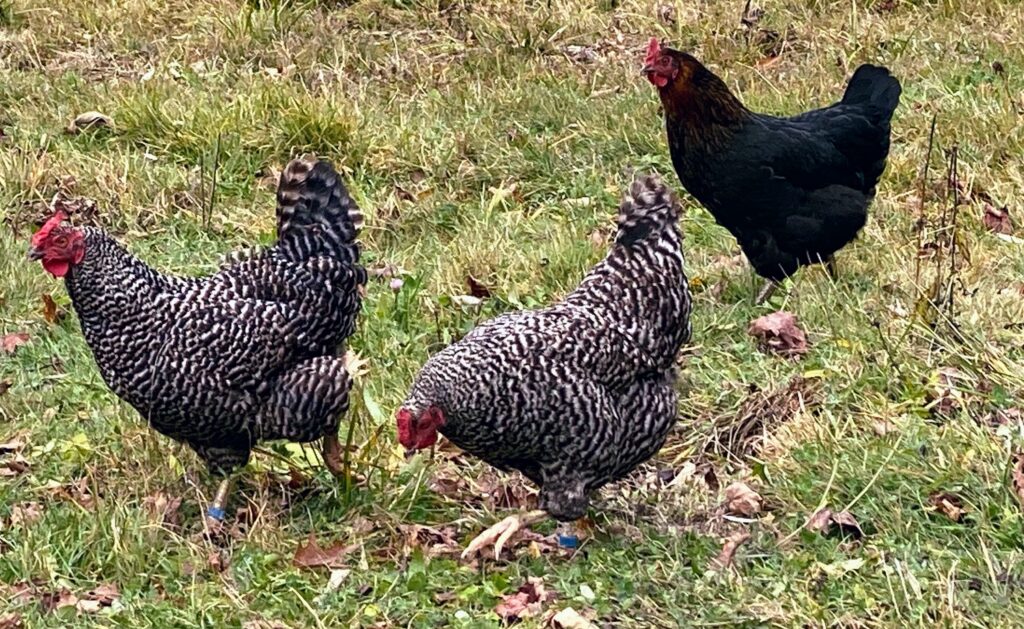
- Alcohol. Both the kind that you can drink, and rubbing alcohol. Vodka will be especially valuable in an SHTF situation because it can be used to make a lot of medicinal tinctures.
- Salt. Salt is SO affordable still, and so useful. Salt can be used to brine foods to preserve them longer, and to pickle all different kinds of foods. Salt adds flavor to foods, and when we are preparing our own food from scratch, it can taste very bland if we don’t add seasoning. Salt can help prevent dehydration; try adding about 1/4 teaspoon of salt to a liter of water, to make your own hydration drink. You can use it to make your own saline solution for nasal irrigation or wound washes.
- Sugar. White sugar, brown sugar, turbinado sugar, confectioner’s sugar. Buy it all and store it securely. Useful in many recipes, and to sweeten coffee – I mean, zombies are right outside your door, AND you have to drink bitter coffee? No thank you. Sugar gives you a quick boost of energy, and is calorically dense, too. Confectioner’s sugar – a luxury in an SHTF situation. You can make frosting with confectioner’s sugar, vanilla, and milk or heavy cream. Sugar can also be used as a natural remedy to disinfect wounds, according to Pubmed, and in an SHTF scenario, medicine will be in short supply.
- Meat chicken and meat rabbits. Breed more than you need, trade the extras.
- Fresh eggs.
- Batteries, both charge-able and non-charable.
- Seeds and seedlings. Fruits, tubers like potatoes, vegetables, and useful flowers like chamomile, nasturtium, lavender, borage, etc.
- Water filters and filtration tablets.
- Iodine tablets.
- Dehydrated food and canned food – any food that can last a long time.
- Rope.
- Socks.
- Underwear. I’d buy multiple sizes.
- Bandaids
- Tarps.
- Coffee.
- Coffee bean plants, if you live in a part of the country where you can grow them.
- Have your own apiary – trade honey and bees and your knowledge as a beekeeper
- Bleach.
- Books. Both entertainment and informational. Books about survival skills will be especially valuable, but so will books that provide escapism in challenging and terrible times.
- Maps.
- Cigarettes.
- Matches.
- Fishing poles.
- Fishing line.
- Fishing hooks.
- Bait for hooks.
- Fishing nets.
- Toilet Paper.
- Cloth towels.
- Wash-cloths.
- Knowledge – teach outdoor survival classes!
- Knowledge – teach small engine repair!
- Knowledge – teach sewing and knitting!
- Knowledge – teach canning and preserving!
- Knowledge – teach science, reading and writing!
- Shoes. Again, for barter purposes, it couldn’t hurt to buy multiple sizes. Get them at a second hand store, don’t spend a fortune.
- Warm weather clothing – buy it from the Salvation army or second-hand store now, it will be priceless in an SHTF.
- Cold weather clothing – same as above, buy it second-hand now and store it if you don’t plan on using it for yourself.
- Buckets – even simple plastic buckets will be so valuable in an SHTF scenario. A lot of people will have to haul their own water. Buckets with a toilet seat and garbage can liners can be used
- Sewing supplies. Needle, thread, scisssors, cloth, patterns.
- First aid kit.
- Coloring books and crayons. Items that keep children entertained and help them pass the time will be very welcome.
- Toys. Especially toys that don’t rely on batteries.
- Kitchenwear. Dishes, glasses, coffee cups, pots and pans – buy from the salvation army.
- Children’s educational material. Abacuses, textbooks, notebooks, pens and pencils, chalk and chalkboard, especially textbooks that teach practical skills. Math and science, not civics and social studies.
- DVDs.
- Tape recorders and cassette tapes – remember those?
- Instant camera, instant film.
- Tools.
